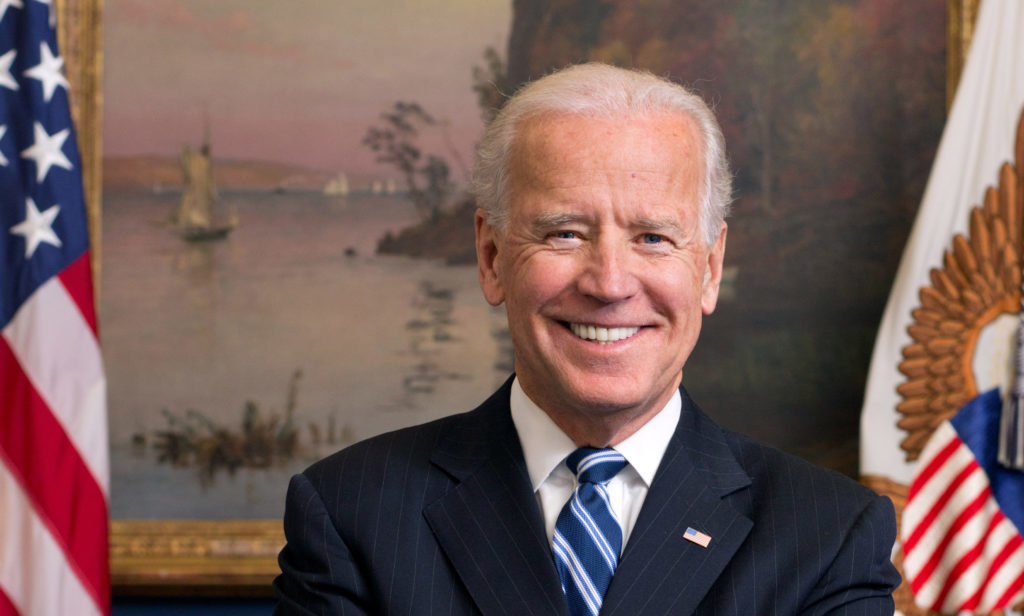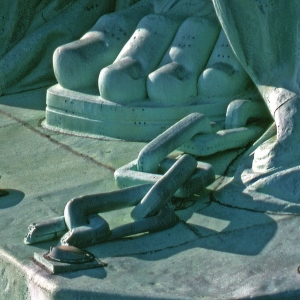Joe Biden’s big Nebraska gambit

You might be familiar with Maine’s unusual system that awards Electoral College votes by congressional district. What you might not be familiar with is the fact that one other state does this too — Nebraska — and that Nebraska is poised to have one of its five electoral college votes go to Joe Biden. This tells us something interesting about the way we vote moving forward.
This is fairly remarkable. As Politico notes, “Over the past half-century, Nebraska has only once delivered one of its electoral votes to a Democratic presidential nominee. Barring a turnaround, this year will mark the second time.” Nebraska’s 2nd District includes Omaha, which is the state’s largest city. There, Donald Trump is six to seven points behind Joe Biden depending on the poll.
In the grand scheme of things, one more electoral vote for Biden probably won’t make or break him, but this shift is notable for another reason, and it has to do with the United States’ urban-rural political divide. In short, liberals tend to live in cities and their suburbs and conservatives tend to live in exurbs and rural parts of the country. Nebraska is largely rural, but as noted Nebraska’s 2nd District includes Omaha, which is urban and is surrounded by suburbs. This shift suggests that even in a state as traditionally red as Nebraska, the urban-rural divide is widening in one way or another.
We knew back in 2016 that the urban-rural divide was actually growing, and the Nebraska example appears to evince this clearly. What this means for the future is still not entirely clear, but I’ll walk you through my thoughts.
I think if this trend continues, we will see two major things happen in the American political landscape: (1) we will see that rural voters will proportionately decrease in the pool of voters but they will retain power thanks to gerrymandering and the Senate, and (2) we will see the urban-suburban contingent grow increasingly intolerant of the vastly overpowered rural voter. Short-term trends suggest that rural America might be being repopulated by city dwellers as they flee the heightened COVID threat in cities, but long-term trends suggest that young Americans from rural areas flee for the cities.
So where’s the silver lining? Well, I think the answer is simple: urban-suburban frustration at an unequal system will inevitably result in reform. Will that result in the dissolution or reform of the Electoral College or Senate? I doubt it. But weirdly, this brings me back to Nebraska. I think a split voting system for the Electoral College just like Nebraska and Maine might be just the compromise we need. Urban and suburban voters would not be as well represented as if the Electoral College or Senate were reformed or dissolved, but it’s a far better solution than what we have now.
Like I said before, one more Electoral College vote for Biden probably won’t make or break him, but if the Nebraska system were to apply across the country, it could probably make a Democratic candidate in the future.

Democracy thrives in snarkiness
